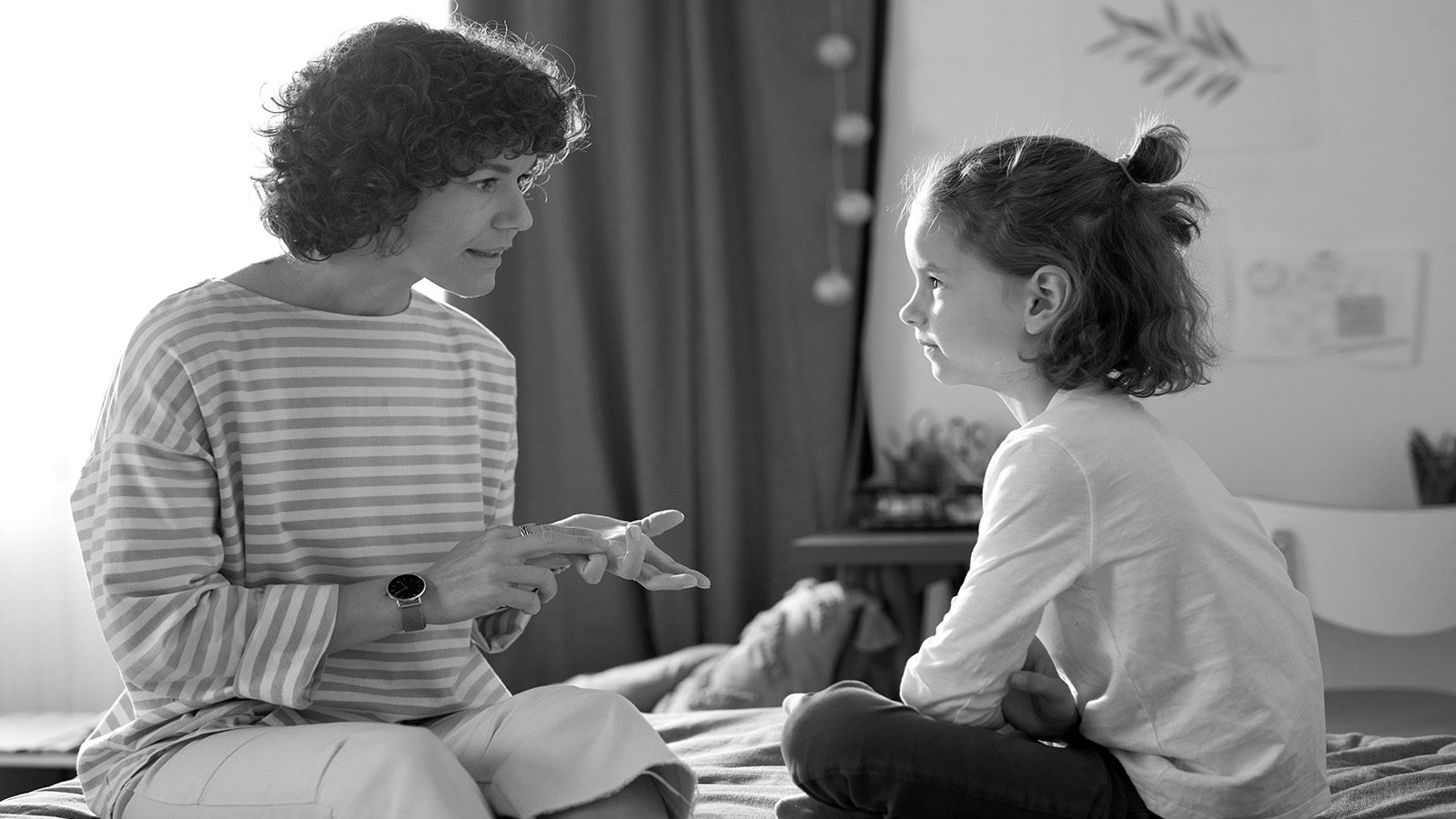According to CDC research, around 1 in 8 women experience postpartum depression each year. However, these estimates vary by state so that it may be as high as 1 in 5 women. Common symptoms of postpartum depression are similar to symptoms of regular depression but may also include:
- Crying more often than usual.
- Feelings of anger.
- Withdrawing from loved ones.
- Feeling numb or disconnected from your baby.
- Worrying that you will hurt the baby.
- Feeling guilty about not being a good mom or doubting your ability to care for the baby.
According to the American Psychological Association, risk factors for PPD include:
- A change in hormone levels after childbirth
- Previous experience of depression or anxiety
- Family history of depression or mental illness
- Stress involved in caring for a newborn and managing new life changes
- Having a challenging baby who cries more than usual, is hard to comfort, or whose sleep, and hunger needs are irregular and hard to predict
- Having a baby with special needs (premature birth, medical complications, illness)
- First-time motherhood, very young motherhood, or older motherhood
- Other emotional stressors, such as the death of a loved one or family problems
- Financial or employment problems
- Isolation and lack of social support
Some people may need therapy or medication to ease symptoms of postpartum depression. For others, lifestyle changes may help correct hormone and chemical imbalances that contribute to depression. This is exactly what Keerti Garg, a first-time mom, did to beat her postpartum depression. Here is her story.
“After birth, it was a completely unexpected experience for me,” Keerti said. “I lost interest in everything, I felt completely unworthy. I constantly felt that I am outside my body, and I am watching another person do everything.”
Keerti takes up exercise in hopes of curing her postpartum depression.
These are certainly painful and even scary feelings to have, and Keerti didn’t know how to cope at first. Then, she decided to turn to fitness in hopes that it would help her feel better.
“I started my fitness journey for the third time in September of 2017; ten weeks post my C-section. I realized that there were two things in my control which I could do every day,” Keerti said. “One was some sort of movement every day, and changing my nutrition, and I did both of them.”
She started going on 30-minute walks each day and also doing yoga or other at-home exercises. She’s actually never stepped into a gym along her fitness journey. Since she’s a stay-at-home mom, she had to think of ways to work out while keeping an eye on her baby. So, for her, at-home workouts were the best option.
She incorporates weight training, resistance bands, bodyweight exercises, and yoga into her workout routine.
Even though she had begun a healthier lifestyle, the postpartum depression stuck around for a while. For any depression, it takes time to correct chemical imbalances and start feeling better again. So, Keerti stuck with her workout and diet regimen because she intuitively knew this path would help immensely.
“The postpartum depression did not go away suddenly in a day or two. It took me two whole years to overcome it fully and to feel like I used to. But, every day, I felt a little bit better. I feel that discipline equals freedom, and I feel so confident and happy in my skin for the first time in my life, and now, I’m living.”
Keerti says that she believes her new lifestyle will positively impact her daughter as well. She even joins her in some of her workout routines!
“I feel that by my daily actions, I’m teaching my daughter, my toddler who is three-and-a-half right now, something that no book or anybody else in the whole world can teach her. So, I’m just teaching her by doing it myself, and this is the biggest thing for me, from my fitness journey.”
Keerti’s advice for anyone looking to start their own health journey
“Let today be your day one, and remember that you already have all the positive energy that you need inside of you. You just need to dig deep and harness it.”
For Keerti, a combination of self-love, movement, and healthy eating helped her overcome postpartum depression. It took a few years of consistency, but Keerti never gave up. She also started running again, something that she had loved for years before giving birth. Through this, she found renewed joy and determination to keep on this path.
Whether you suffer from postpartum depression or any other disorder, working out can serve as a wonderful outlet. Not only does it keep your mind busy, but it changes your brain in tangible ways. Exercise helps to release endorphins and balance neurotransmitters. It increases oxygen in the brain as well, giving you more energy.
A healthy lifestyle offers so many benefits, but it can feel not easy to begin. A support system can help you stay accountable and offer you support when you feel unmotivated. Also, sticking to the routine even if you don’t always feel like it will benefit you in the long run. On those days, just remember your “why” and keep going no matter what.
Final thoughts: postpartum depression affects millions of women, but a healthy lifestyle may help
Postpartum depression affects around 1 in 8 women each year. Symptoms are similar to normal depression but may also include doubts about one’s ability to care for a baby. It can also present as worrying about the baby or feeling disconnected from him or her. This type of depression can feel isolating, scary, and confusing.
However, Keerti shows that you can beat depression with a healthy lifestyle, incorporating exercise and proper nutrition. Of course, don’t hesitate to see a licensed therapist or consider medication if this feels right for you. Above all, listen to your intuition, and know that the painful feelings will not last forever.














